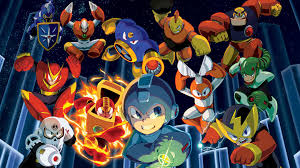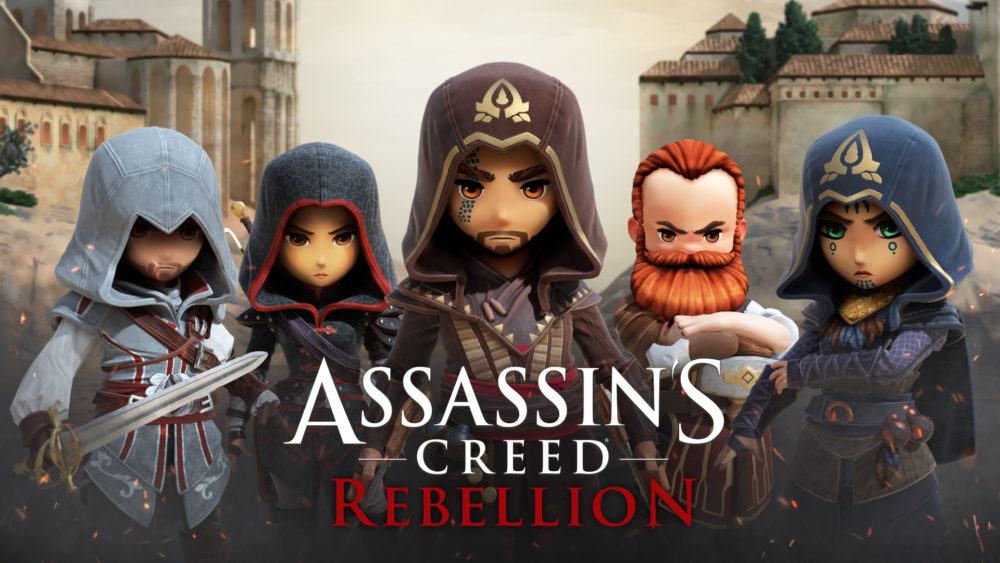Despite offering some mechanics that will be familiar to the veterans of the genre, there is a detail that completely changes the interaction. In this title we cease to be an almost ubiquitous entity to adopt the identity of a commander that we must move around the map. He is a character who can not attack, but can die. We have to consider it as a cursor to move to build, at
tack or withdraw troops. By pressing the triggers (or by clicking left or right on the mouse) we can call the troops and indicate if they should attack or retreat, while pressing the A or X button (or the space on the keyboard) we choose where to build, etc. Once we take control of the controls, we do not want to put our forearms back on the table.
The RTS that we did not expect
Tooth and Tail has a sufficiently strong and solid story mode so that we forget the multiplayer features available to the game. In that way we
But it is not one of those games that establishes the same missions to play alone and in company, but builds those of the campaign as unique exp
eriences that pose mechanics one by one. Each level is well distinguished from the previous one and is interwoven in a story sketched out by ideals, political alliances and power games. The story itself is left to discover between struggle and struggle, between the war scenes, where we meet the figures of the conflict and relate to them.
Unlike what happens in other RTS, the skirmishes of Tooth and Tail aim to teach us how to deal with combat units and understand their economy, rather than how to overcome a specific level. The key? They are generated randomly . Interestingly, w
e do not have the feeling that this randomness is detrimental to the difficulty of the map. It is true that sometimes the location of enemies or allies may be more favorable than others, but if a level has to be difficult by some requirement, it will be all, all, especially if we want to complete them with heroic status. Already from the first segment of the game we find some mission with some requirement that forces us to polish our tactics to the millimeter to carry it out.
Artistically he has a charming personality
To get into flour with the theme of economics, we must understand that the structure that sustains it is the grain mill . With the grain produced it is fed to the own pigs that cultivate it to obtain the precious meat that feeds all the machinery of war. But whe
In multiplayer matches , Tooth and Tail adds a unit selection system before starting. Instead of choosing a faction with its own cast of factory balanced units, players can select six units of 20. 15 of them are active soldiers, while the other five a
re defense units . We have the freedom, of course, to choose the five units of defense if that is what attracts us the most. And those will be the units that we will have. There are no more structures to “investigate” new units on the fly. The interesting thing about this format is that, because there is no technological tree, although we know who the enemy commanders are, to know what we are facing, we have to see it directly.
Thus, we have a campaign mode, a multiplayer mode in an online qualifier and another informal, another local and the possibility of facing the AI , which has six levels of difficulty – something ideal for training, especially if the player prefers to spend the campaign to focus on the multiplayer.
In the artistic section we can only surrender at the feet of Adam deGrandis and Jerome Jacinto, those responsible for one of those unforgettable designs that convince and enthrall from the first glance. The mix between manual drawing style, pixel art and animations gives all the characters a charming personality . On the other hand, the soundtrack is excelent. It moves b
etween orchestral music, Soviet-tinged chants and strong and revitalizing piano sections. Even if you do not dare to play it (due to lack of time or unconsciousness), we strongly recommend that you give it a try to the soundtrack. Worth.



